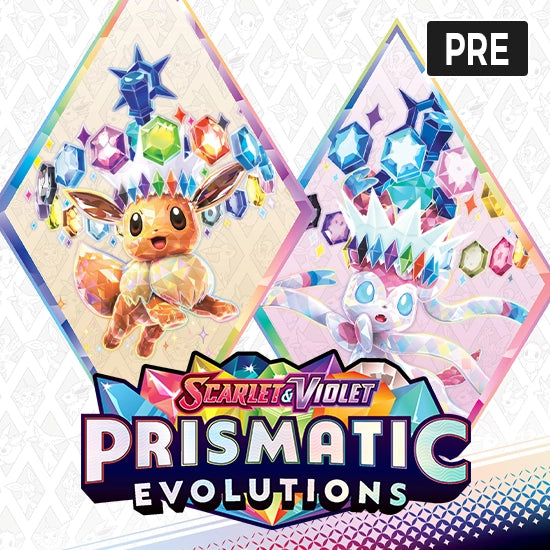Description
With more than 300 classic and brand-new monsters, this 320-page beautifully illustrated hardcover rulebook completes the collection of creatures begun in the first two Pathfinder Bestiary volumes. From classic creatures like clockworks and tooth fairies, returning favorites like imperial dragons and mighty titans, to brand-new menaces found all over Golarion, this must-have tome of monsters designed to challenge characters of any level is an essential companion to your Pathfinder game!
Pathfinder Bestiary 3 includes:
- More than 300 monsters drawn from mythology and folklore, genre classics, and more than a decade of Pathfinder, with plenty of new monsters too!
- Gorgeous full-color illustrations on nearly every page!
- Comprehensive monster lists sorted by level, type, and rarity to help you find the right monster for any situation!
- Universal monster rules to simplify special attacks, defenses, and qualities like grab, swallow whole, and regeneration.
- Detailed lore sidebars offering additional information about even more of Pathfinder’s most popular friends and foes!
- This deluxe special edition is bound in faux leather with metallic deboss cover elements and a bound-in ribbon bookmark. The perfect way to commemorate Pathfinder's new edition! (Cover color and design subject to change.)
Frequently Asked Questions
What are miniatures used for in tabletop games?
Miniatures are small, detailed models used in tabletop games to represent characters, creatures, and scenery.
They enhance the visual experience and aid in gameplay by providing a physical representation of game
elements.
How do I paint my miniatures?
Painting miniatures involves several steps: priming the miniature with a base coat, applying base colors,
adding details with fine brushes, and finishing with a protective sealant. Many hobbyists use acrylic paints
and invest in quality brushes for the best results. You can pick some up from our Paints
Section
What materials are miniatures typically made from?
Miniatures are commonly made from plastic, resin, or metal. Each material has its own advantages; plastic is
lightweight and affordable, resin captures fine details well, and metal miniatures are durable and have a
classic feel.
How can I start collecting miniatures?
Start by choosing a game or genre that interests you. Purchase a starter set or a few miniatures to begin
with, and gradually expand your collection. Joining local gaming groups or online communities can provide
valuable advice and support.
Where can I buy miniatures?
Miniatures can be purchased from Here. As well as from Hobby shops
like our Gaming Centre, or at
Conventions, or Games Workshop
What are some tips for assembling miniatures?
Use a hobby knife or clippers to carefully remove pieces from sprues. Dry fit parts before gluing to ensure
proper alignment, and use a plastic or super glue appropriate for the material. Allow glued parts to fully
dry before handling. All of these can be found Here
Can miniatures be used in different games?
While some miniatures are specific to certain games, many can be used across different tabletop games and
RPGs, especially if they fit the theme or setting. Check the scale and style to ensure compatibility.
How should I store and transport my miniatures?
Store miniatures in a cool, dry place, ideally in a protective case with individual compartments to prevent
damage. When transporting, use foam trays or padded bags to cushion the miniatures and keep them secure.
Are there any beginner-friendly miniature painting tutorials?
Yes, there are many beginner-friendly tutorials available online. Websites, YouTube channels, and hobby blogs
often provide step-by-step guides and videos to help newcomers learn painting techniques and improve their
skills.






